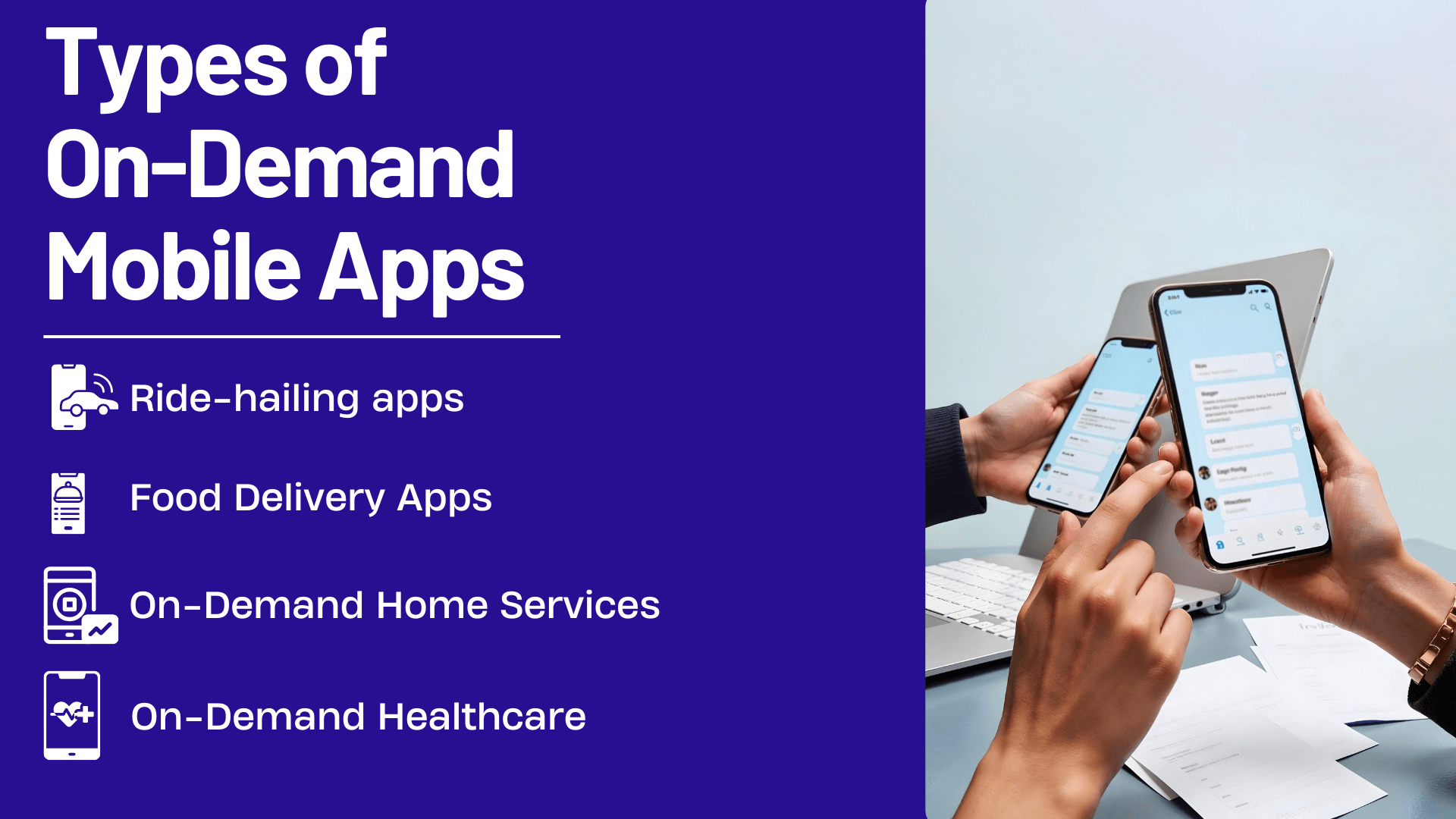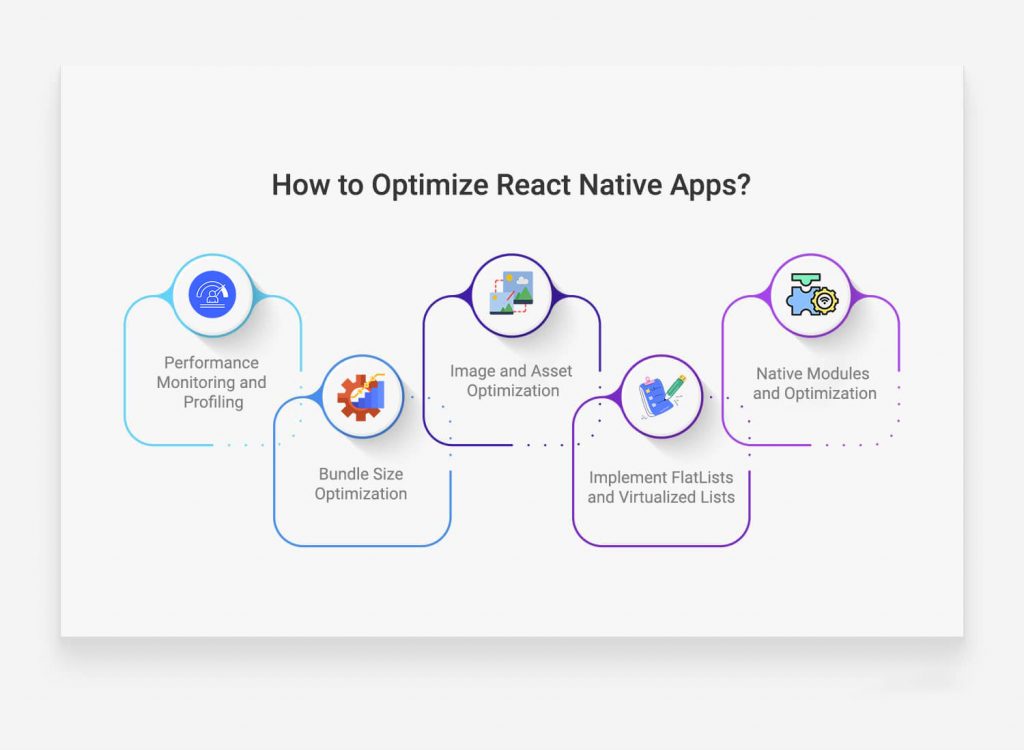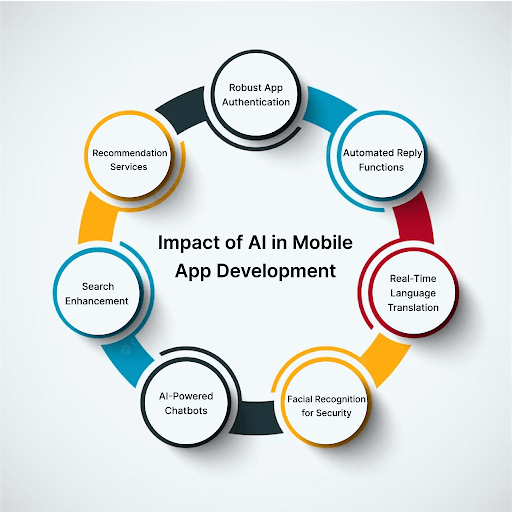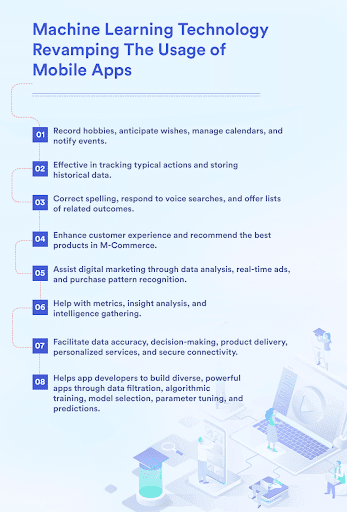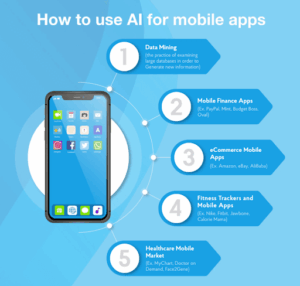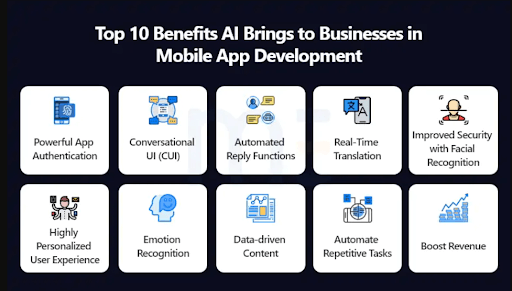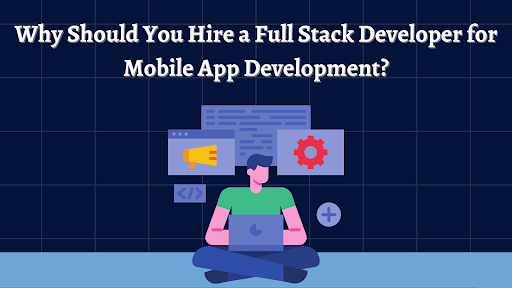On-demand mobile app development services are very much in the trend in 2025. Today, it has become the go-to solution for many industries such as food ordering, and ride-booking apps.
These businesses leverage the on-demand mobile app to ensure their customers get the best services when needed.
The process of creating a mobile application provides your users with fast access to services and products. The app is developed based on the specific needs of the consumers at the moment.
In the following blog, we will explore the concept of on-demand mobile app development. We will also explore the key features, and how businesses can leverage the trend and create scalable and profitable applications.
Understanding On-Demand Mobile App Development
On-demand mobile app development is the process of creating an application and giving consumers access to services, products, and information when needed.
The app provides a faster solution to on-demand needs hence the name on-demand mobile app development. Many Fortune 500 companies like Uber, DoorDash, and TaskRabbit implement the technology to make their services accessible to consumers in a simpler way.
At the crux of this on-demand mobile application is creating a seamless user experience and functionalities that connect businesses and consumers in real time.
The development process involves creating a consumer-side app and a service-side app with different interfaces. It ensures that smooth communication and transactions happen between the two parties.
Key Features of On-Demand Mobile Apps
To build an efficient on-demand mobile app you need to incorporate several features. These features cater to the needs of both the consumers and service providers. This ensures that the mobile app delivers a seamless experience.
1. Real-Time Location Tracking
One of the most common types of on-demand apps includes real-time location tracking such as delivery services, and real-time location tracking. These features help consumers track the status of their services. These apps help service providers navigate to the right destination.
2. Instant Payments
Ease-of-money transactions are yet another feature implemented by on-demand mobile app development. When users want to pay for their services or products, they will have to integrate mobile payment systems such as Apple Pay, Google Wallet, etc.
3. Push Notifications
Every mobile app development must need status updates for which you need a push notification feature. These powerful features can be easily implemented using on-demand technology. These reminders and notifications enable businesses to stay connected.
4. User Profiles and Customization
You can leverage on-demand mobile technology to personalize and enhance user experience. The application includes customizable user profiles where users can save their preferences, payment methods, and order history in a single platform. These features ensure that the customer gets a customized experience based on their preferences.
5. Ratings and Reviews
User feedback is a vital part of the mobile application. It is a must-have for all products and service-related businesses. It not only improves the quality of service but also enables the users to make positive decisions. Users can easily leave their honest reviews and ratings to ensure that the quality of the app is maintained.
6. Admin Dashboard
The admin dashboard is yet another feature that app owners frequently need. It gives them a comprehensive view of the information they need in a single view. From tracking users and service providers to managing payment, the admin dashboard ensures that everything is running smoothly.
7. Geofencing and Scheduling
Geofencing is one of the common apps developed using on-demand mobile app development technology. It empowers businesses to target specific customers within a specific geographical location. It also enables users to restrict access or provide services within the allowed region.
Types of On-Demand Mobile Apps
On-demand mobile app development caters to a wide range of industries. Below we will explore the various industries.
1. Ride-hailing apps
Ride-hailing apps are one such type of application that facilitates users to book rides in real-time. Some popular apps like Uber, Lyft, and Ola provide users with fast and convenient transportation services.
2. Food Delivery Apps
Some food delivery services such as Uber Eats, DoorDash, and Grubhub have revolutionized food ordering services. Thanks to the on-demand mobile app development these apps enable consumers to order from local restaurants and have meals delivered directly to their doorsteps.
3. On-Demand Home Services
Many on-demand home services apps such as TaskRabbit and Handy can connect users with professionals for services such as cleaning and repairs as well as furniture assembly and plumbing.
4. On-Demand Healthcare
Healthcare is one such industry that has a huge application of on-demand mobile app development services. Apps such as Teladoc and Doctor on Demand enable users to connect with healthcare professionals through calls, texts, etc. This enables them to access medical advice and prescriptions without leaving their homes.
5. Grocery Delivery Apps
Grocery delivery services such as Instacart and Amazon Fresh have modernized the way consumers shop. It enables users to order fresh products online and get them delivered to their doorstep.
Benefits of On-Demand Mobile App Development
On-demand mobile app development provides numerous advantages for businesses to tap into this trend.
1. Increased Customer Satisfaction
Businesses get increased customer satisfaction, speed, and efficiency. It enables them to access products and services based on their terms and at the same time enhances customer satisfaction and loyalty.
2. Better User Engagement
Encourage repeat usage with a seamless user experience. With features such as push notifications and personalized services, businesses can keep customers engaged and drive recurring revenue.
3. Real-Time Data Collection
With the help of analytics and user data, organizations can collect real-time data and gain valuable insights on metrics such as user preferences and user behaviors. This enables them to tailor future marketing efforts and improve services to create targeted offers.
4. Scalability
By leveraging this mobile technology you can easily scale your business. With features such as cloud-based systems and real-time updates, your app can handle a large user base and multiple transactions. You can easily handle multiple works at the same time, thereby scaling up your project.
5. Competitive Advantage
Various industries can leverage the on-demand app to gain a competitive advantage over others. Customers get convenience which provides them with an easy way to access services that empower businesses to stay ahead of the competition.
Challenges of On-Demand Mobile App Development
Although on-demand mobile apps provide numerous benefits, there are multiple challenges in developing and managing these websites.
- Development Costs: Building top-notch on-demand apps can cost big time. Adding custom features can be expensive.
- Security Concerns: Apps that involve customer data, payment information location data, etc require stringent security measures, and creating professional-grade security in on-demand mobile apps can be challenging.
- Competition: Using on-demand apps is fast and easy but to stay competitive in the market you need professional app development services.
- Real-Time Efficiency: The real-time nature of on-demand mobile apps encourages to creation of flawless performance and smoother operations which can be difficult to achieve.
Conclusion
Today on-demand mobile app development is revolutionizing industries, especially for startups who want to provide their user instant access to their products and services.
Be it ride-hailing, food delivery, healthcare, or home services, on-demand apps have the potential to streamline business operations and enhance user convenience.
Businesses must carefully plan out the development process to ensure smooth operation, factoring in elements such as features, challenges, etc.
By investing in the right on-demand mobile app development, businesses can provide customers with exceptional experience while driving growth and profitability.

